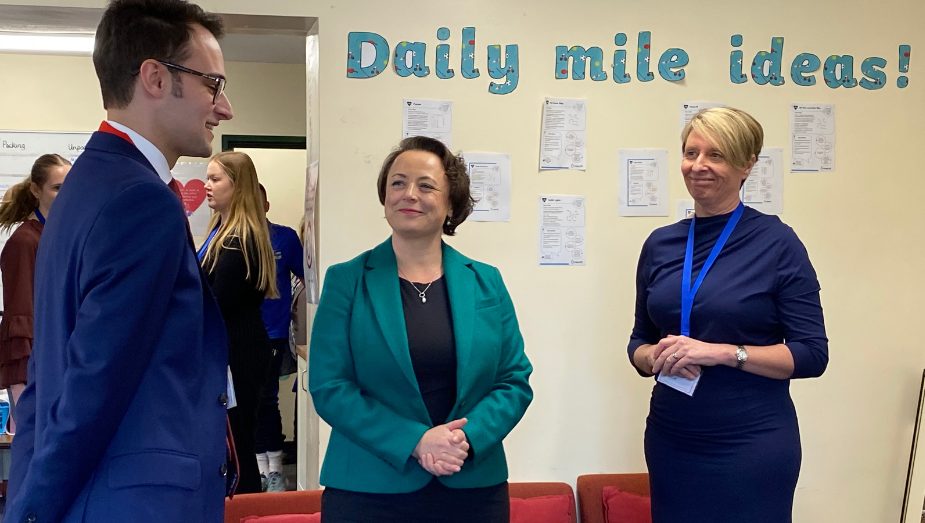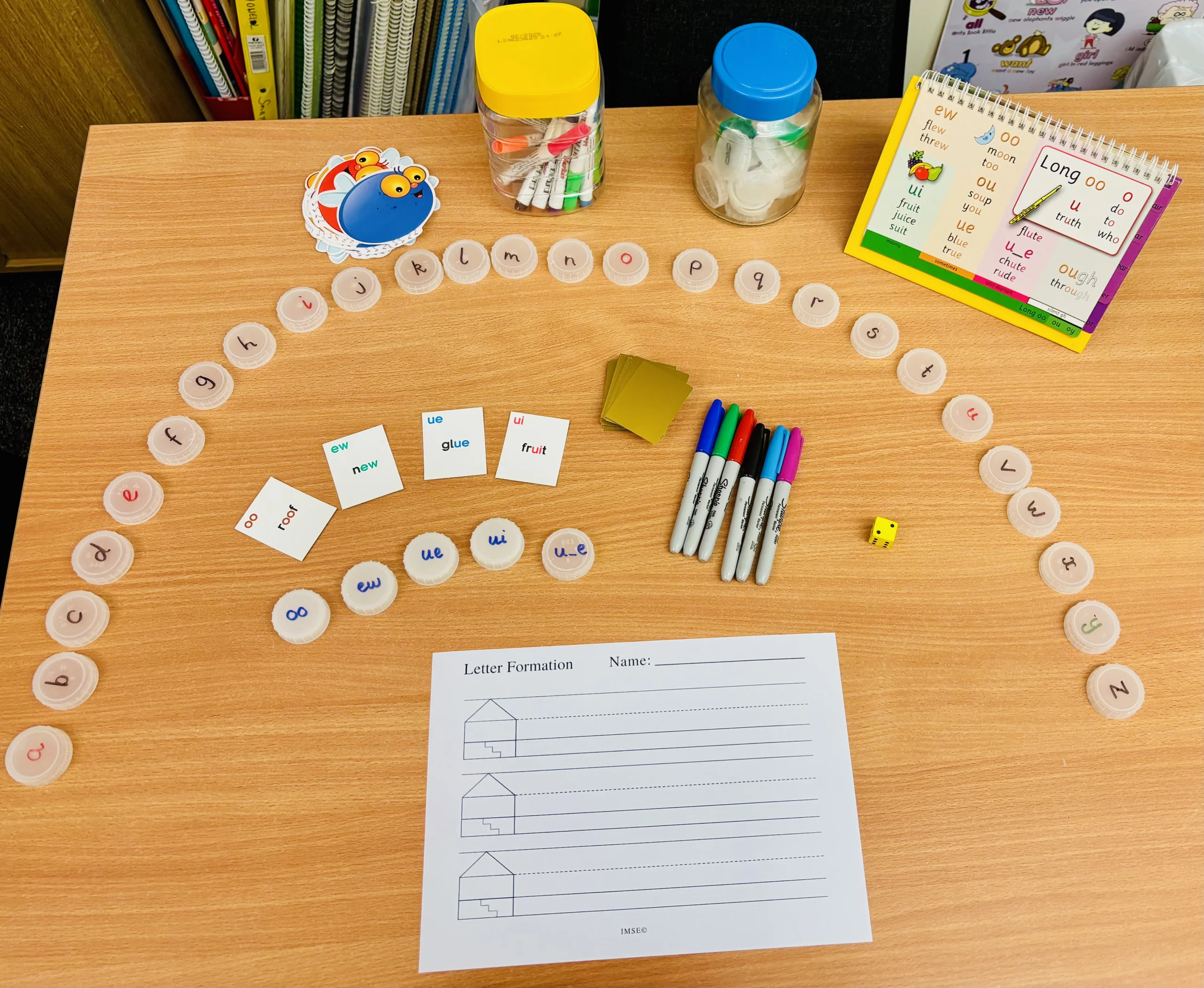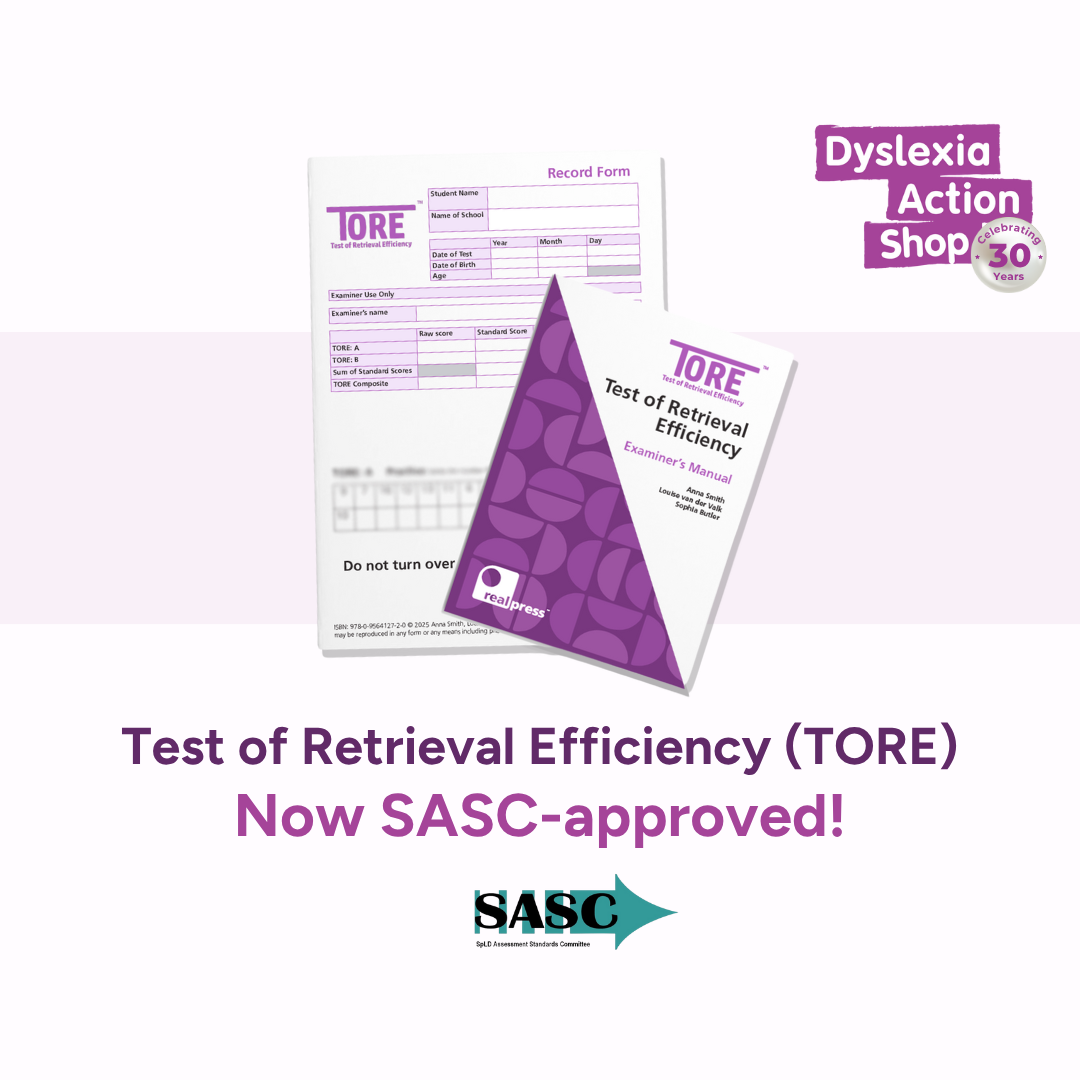Admin |
May 12, 2021
Nick Wilding is the Head of Student Support Services at an international school in Vietnam. Beginning his studies with Real Training in 2017, Nick embarked on our National Award for SEN Coordination course. A couple of years later this was followed by the Enquiry-based SEND module.
Since then Nick has completed some of our free-to-access courses as well. Nick says that his special interests in SEN are; awareness, assessment and knowing the whole child, partnerships with specialist teams and development of staff.
To see what Nick made of his time studying with Real Training, please see below:
What made you choose Real Training over other options?
Initially, I chose Real Training because of its links with Middlesex University. I had studied previously at this university and therefore knew that the qualifications would be both recognised and credible. At the time I was working internationally and therefore required a course delivered 100% online. The costs were very competitive and the responses to my questions in the decision phase helped me decide that I should register and sign up because all of my questions and queries were answered clearly, quickly, and sincerely.
The NASENCO award through Real Training became the obvious choice compared to other providers as they met my fundamental requirements. Due to the advice and support of the course leaders and tutors, the decision to study further with Real Training was made easy due to their expertise and the range of subject-specific courses. The Courses and Qualifications page on their website is like a ‘one-stop shop’ for a career in SEND provision.
Subsequently, my experiences have led me to recommend Real Training to many colleagues both in the UK and internationally.
What was your experience of learning with Real Training?
The first tutor feedback I received was both supportive and demanding. This set the tone for the academic standards. I was delighted that this was going to be a ‘real’ postgraduate course and not a ‘pay your money, get your certificate’ style course.
It had been so long since I had written academic essays, therefore the readily available access to advice on the Campus Online page, emails, and online tutorials with the tutor were invaluable. The response time of tutors and support with Campus Online helped with the momentum of my studies. I wasn’t able to study regularly each week so it was great that they were responsive when I most needed it.
I chose an online course to fit in and around my work and life. I must say the tutors and the design of the course allowed this flexibility. The setup of the course page allowed me to pick up where I had left off so I could clearly see what I had and hadn’t completed.
The links provided through all courses were essential to my success and to keep stress levels down. Living abroad limited my access to many texts and websites. Access to EBSCO, the library and Campus Buzz were all sources that provided me with the range of knowledge required to pass the academic requirements of the course, but to also feel that I had read extensively around the subject areas for personal growth also.
How has the course helped make an impact at school?
Firstly, it has kept me motivated in my career during a phase of questioning where I should go next. The ability to build my course to include areas of interest in addition to fundamental courses for anyone involved at the front line of SEND provision and the push for inclusion.
The NASENCO course allowed me to go back to basics and ask myself ‘why do I do this’, ‘what is the purpose of my role in this setting’. Moving on from these starting points, the course also allowed me to use experience combined with ongoing research and legislation. I believe this gave me a platform on which to improve my own working practices and school policy and procedures.
The research project that forms the Enquiry-based SEND module, has allowed me to appreciate the correct procedure to carry out and implement change within a setting. My project evolved around the need to improve staff awareness, confidence and training when working with a growing range of SEND within the school. The final project focussed on TA staff. Subsequently, individuals and small teams have taken on extra training linked to the following: PE lessons, assessment, observations and working with parents.
How has the course helped develop you as an educational professional and what do you hope to achieve with the new knowledge/skills in the future?
As the role of SENCO evolves it was essential to my career that I studied and passed the NASENCO course. The Access Arrangements and the Middle Leaders courses have allowed me to keep up to date and refreshed in these areas with the latter being the stimulus for the school to encourage a number of middle leaders to follow this course to bring more joined-up thinking in the school with regards to SEND and EAL students.
The research-based project has widened my appreciation of the purpose and importance of research to provide solid evidence, which can be woven with experience and the needs of the setting, with regard to training and change in a school. Therefore, the course has opened more opportunities for me when applying for roles in both academic and pastoral pathways
Finally, as the courses are validated by Middlesex University London, and the Professional Assessment Programme courses and qualifications also adhere to the standards set by the British Psychological Society (BPS), I am convinced that future courses targeting Psychology and Social/Emotional pathways will play a part in my training to help me evolve, explore and create wellbeing projects in the future.






What do you think?